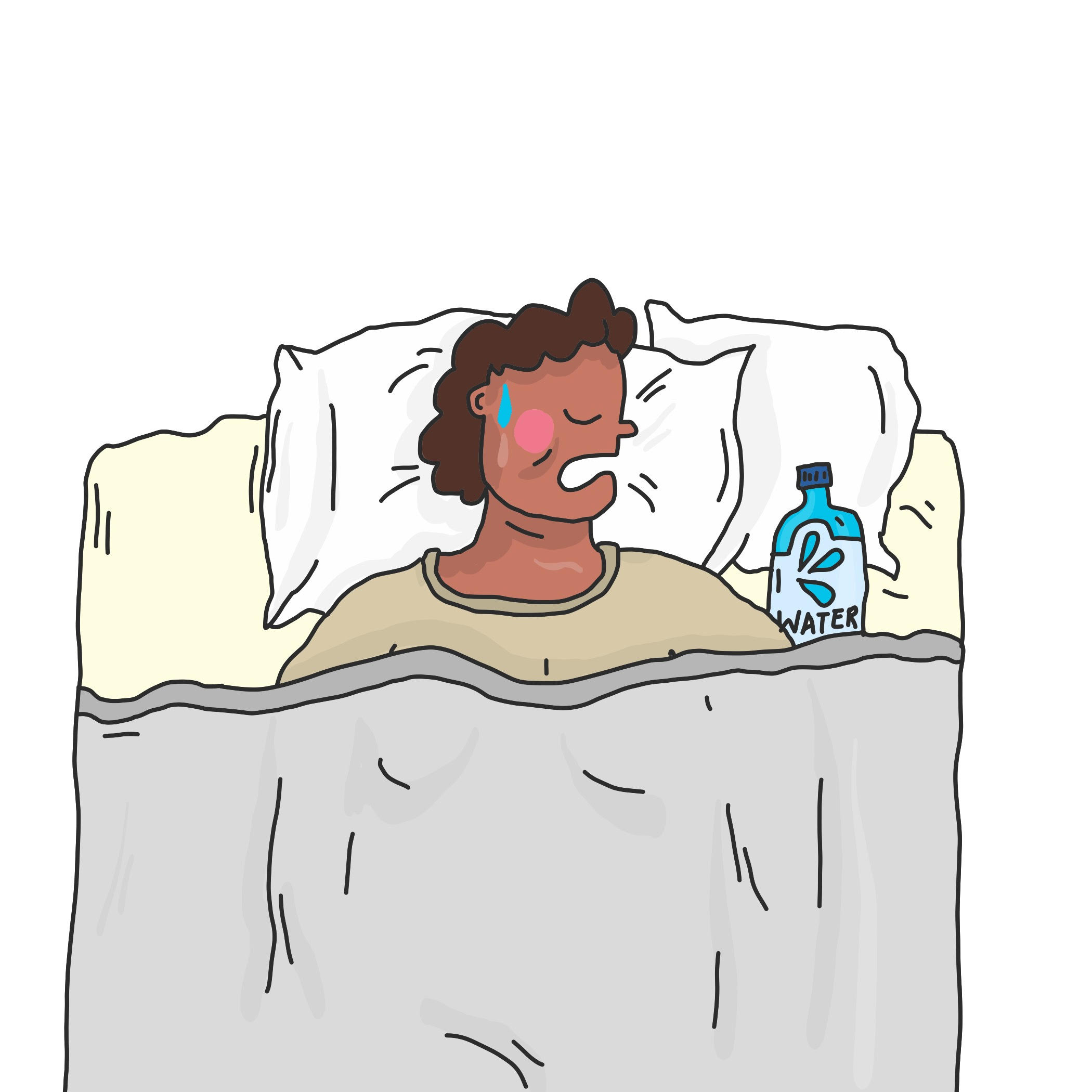COVID-19 tips & tricks

← See all COVID-19 tips & tricks
Sick with COVID-19
COVID-19 affects different people in different ways. COVID-19 is a respiratory disease and most infected people will develop mild to moderate symptoms and recover without requiring special treatment. People who have underlying medical conditions and those over 60 years old have a higher risk of developing severe disease and death.
Common symptoms of COVID-19 include:
• fever - this means you feel hot to touch on your chest or back
• continuous cough – this means coughing a lot for more than an hour, or 3 or more coughing episodes in 24 hours (if you usually have a cough, it may be worse than usual)
Other symptoms include:
• shortness of breath
• aches and pains
• sore throat
• and very few people will report diarrhoea, nausea or a runny nose
If you have symptoms of coronavirus (a high temperature or a new, continuous cough), use the 111 coronavirus service (for the UK)
• Do not go to work,
• Do not go to school or public places
• Avoid public transportation
People with fever, cough or difficulty breathing should call their doctor and seek medical attention.
If you need medical help for any reason, do not go to places like a GP surgery, pharmacy or hospital.
If you become unwell with COVID symptoms and usually take medicines for other conditions (such as for HIV) do your best to continue to take those medicines. If you are finding it difficult to take your usual medicines get in touch with your specialist clinic, family doctor, or (if in the UK) call 111.
For the UK, if you need help or advice not related to coronavirus:
• for health information and advice, use the NHS website or your GP surgery website
• for urgent medical help, use the NHS 111 online service – only call 111 if you're unable to get help online
• for life-threatening emergencies, call 999 for an ambulance
Read more advice about getting medical help at home.
